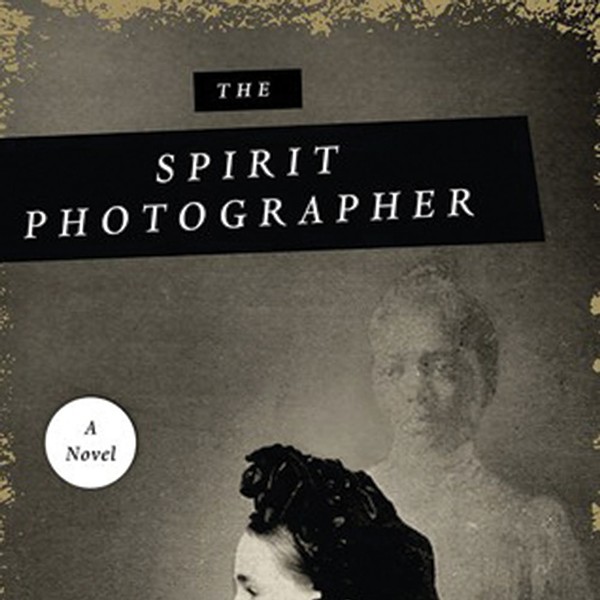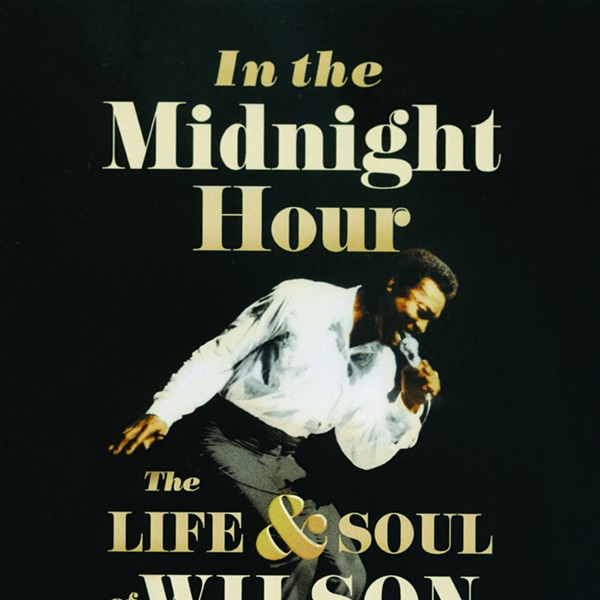“It would have been interesting, certainly,” Korda muses. “They had Leslie Howard set to play Lawrence, who was more like him in manners and appearance. Lawrence’s own fear was that they would intrude a love interest, and he received assurances about that from my uncle Alex, as well as a promise the film would not be made in his lifetime without his consent. It was my uncle who gave me Seven Pillars of Wisdom when I was 15, and from the first I was taken by the battle scenes. I heard a lot about him in my family circle; Lawrence seemed to prove that someone born with great disadvantages—illegitimate, socially negligible, short—can nevertheless go on to become a great hero.”
Although Korda emphatically insists that his recent succession of military-themed books was not a personal response to 9/11, he certainly believes that current events have made the adventurer once again the man of the hour, and the issue is repeatedly addressed in Hero.
“Much of what we do today in the Muslim world is characterized by a failure to read Lawrence carefully and learn from his experience,” he affirms with a hint of sadness. “Take the drone attacks in Pakistan. Lawrence was very strongly against the use of bombing to subdue native populations, for military and humanitarian reasons, and emphasized their futility against Arab or Afghan villages. He imagined drones as far back as the 1930s, but understood that causing civilian casualties—particularly women and children—imposes an obligation of revenge upon tribal peoples, and can only lead to an endless cycle of revenge-seeking. He felt that such a conduct of a war was an ignoble way of dealing with people with whom you disagreed about their own land.”
And what would Lawrence of Arabia do in Afghanistan?
“Find the person in charge, approach him on foot and unarmed as a guest, start a dialogue,” Korda booms. “When he got wind of the fact that the great desert warrior Auda Abu Tayi was considering defecting to the Turks, he flew up to Auda’s camp and walked in barefoot to confront him. And be prepared to outbid the enemy. Lawrence was the man with the gold, and would allow a man to take a handful of it out of his bags, rather than haggling over a price. He would have understood that these bags of money Mr. Karzai is receiving from the Iranians are not bribes, but tribute, and a condition of dealing with people whose lives are haunted by starvation and drought.”
In his 1974 masterpiece The Adventurer, a study of the hero-adventurer archetype in history and literature that featured Lawrence, the critic Paul Zweig called such figures “a source of values, expressing the essentially human adventure of man engaged in the economy of struggle which is the world.” Zweig deplored the adventurer’s fall into obscurity in a society focused on business success and domesticity, and convinced that technology has made life permanently safe and comfortable, issuing a prophetic warning: “The modern world’s dismissal of adventure as an entertaining but minor experience is unprecedented. Few cultures have been so willing to tempt the gods.”
After the apocalyptic terror attacks, interminable wars, natural and manmade disasters, and financial collapses of the last decade, it would seem that Zweig has been vindicated. And Lawrence as well.
















